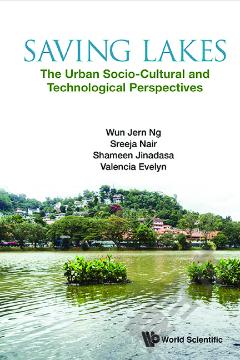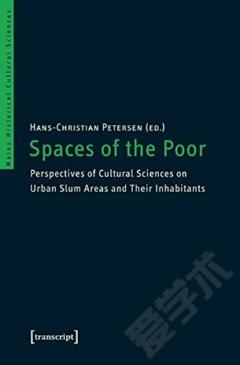Saving Lakes - The Urban Socio-cultural And Technological Perspectives
知识图谱网络
'Cities are not just brick and mortar; they represent the dreams, aspirations, and hopes of societies.'
UN Habitat (2008)
Urban lakes are part of many of the cities we live in. They are often intricately bound with the city's social fabric, valued for direct utility purposes such as drinking water provision, or for their aesthetic, historical, cultural, and religious significance. However, oftentimes in spite of their unique spatial, socio-cultural, and economic value and 'relationship' with the city, urban lakes end up as receptacles for waste, or are infilled for development.This book traces the socio-cultural and technological dimensions at play for the protection and remediation of a tropical urban lake, and how these dimensions guide the design of need-based solutions. It explores design requirements based on the need for sensitivity to religious and cultural norms, social values and aesthetic requirements. First-hand experiences of the writers in planning and executing an urban lake remediation project in a fast-growing city and a UNESCO heritage site, are drawn as practical examples. The lessons learnt can find application in other lakes of cultural significance in tropical regions.
{{comment.content}}








 京公网安备 11010802027623号
京公网安备 11010802027623号